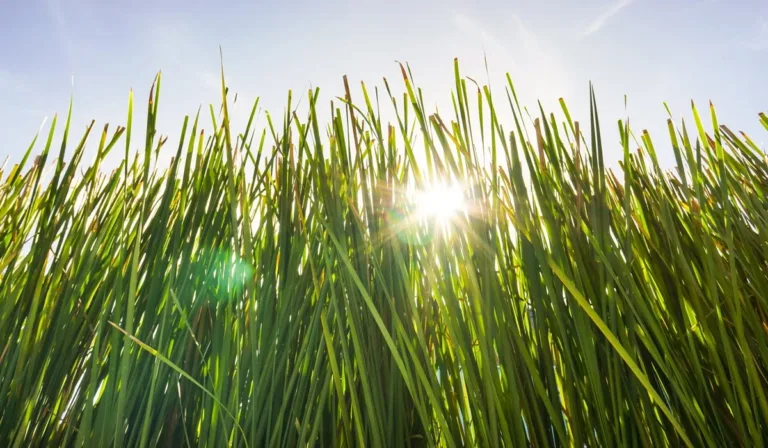Vetiver, also known as khus, is a perennial grass with a deep and complex root system that makes it an ideal plant for soil erosion control, wastewater treatment, and essential oil production. It is also a plant with a long history of medicinal use in traditional Ayurvedic and Chinese medicine. In this article, we will explore how to grow vetiver plant, how do you grow vetiver at home, care tips for grow vetiver plant, and its vetiver health benefits.

Planting Vetiver
Vetiver can be propagated from seed, slips, or mature root sections. Slips are the most commonly used propagation method and can be obtained from a vetiver nursery or by rooting clippings taken from mature plants.
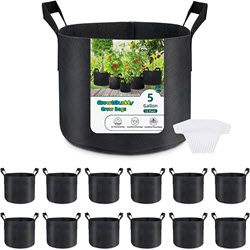
|
12-Pack Grow Bags 5 Gallon, Thick Fabric Planter Bags for VegetablesGreatBuddy 12-Pack Grow Bags 5 Gallon, Thick Fabric Planter Bags for Vegetables, Sturdy Handles & Reinforced Stitching, Labels Included, Black |
When grow vetiver plant, it is important to prepare the soil by adding organic matter such as compost or well-rotted manure. Vetiver prefers well-draining soil with a pH between 6.0 and 8.5. The planting hole should be dug to a depth that allows the entire root system to be accommodated without bending or coiling. After planting, the slips should be watered thoroughly to settle the soil.
Vetiver should be planted in rows with a spacing of 1-2 feet between plants and 3-4 feet between rows. It allows the roots to develop a dense network that helps to stabilize the soil and retain moisture. Vetiver is tolerant of a wide range of growing conditions, including full sun or partial shade, and can grow in a variety of soil types.
Care and Maintenance

Vetiver grass is a low-maintenance plant that requires minimal care once established. It is drought-tolerant and can survive extended periods of dry weather. However, regular watering during the first few months after planting is essential for root development.Fertilizer is not need for vetiver, as it can obtain all the necessary nutrients from the soil. However, adding a balanced fertilizer during the first year after planting can help to establish a root system.
Vetiver should pruned regularly to prevent it from becoming too tall and to promote the growth of new shoots. The leaves can be used as mulch or added to compost piles.
Harvesting Vetiver
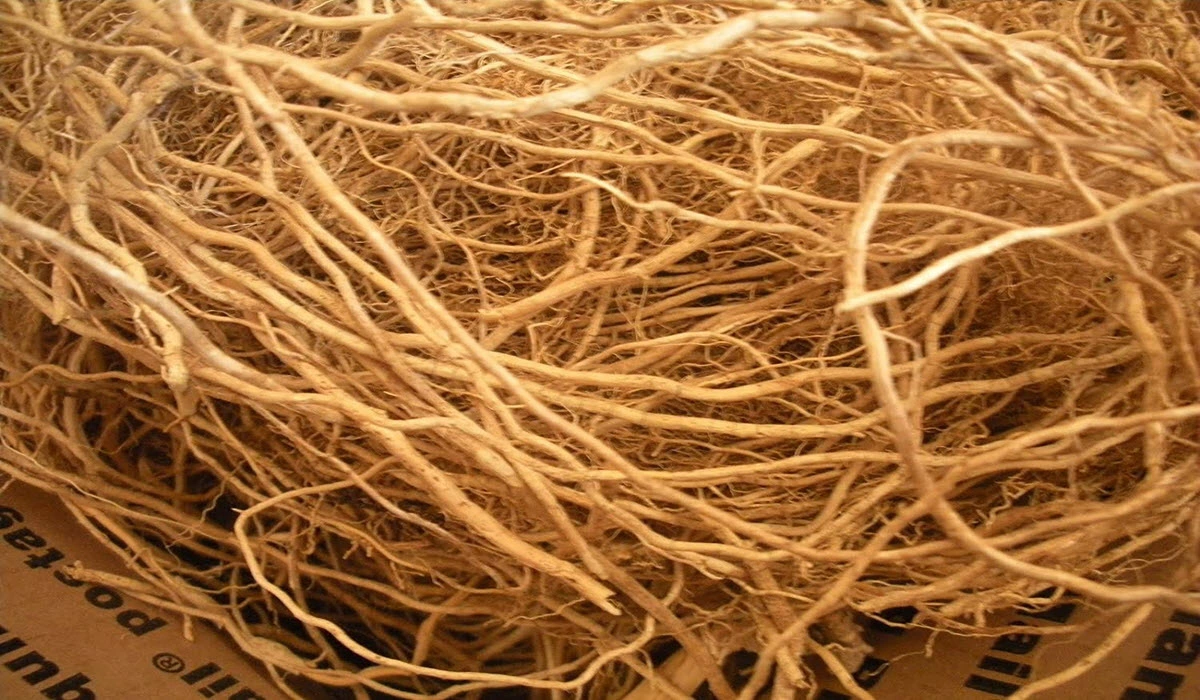
Vetiver is harvested for its essential oil, which is extracted from the roots. Harvesting is typically done when the plant is 12-18 months old, once the Roots have become well-established.
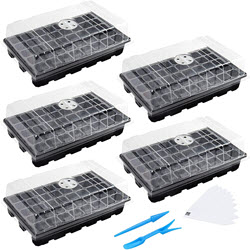
|
MIXC Seedling Trays Seed Starter TrayMIXC Seedling Trays Seed Starter Tray, 5-Pack Mini Propagator Plant Grow Kit Greenhouse with Humidity Vented Domes and Base for Seeds’ Starting (40 Cells Per Tray, Total 200 Cells), Black |
Harvesting involves digging up the entire plant and removing the roots. The roots are then washed, dried, and distilled to extract the essential oil. It is a labor-intensive process that requires specialized equipment and expertise.
Health Benefits of Vetiver
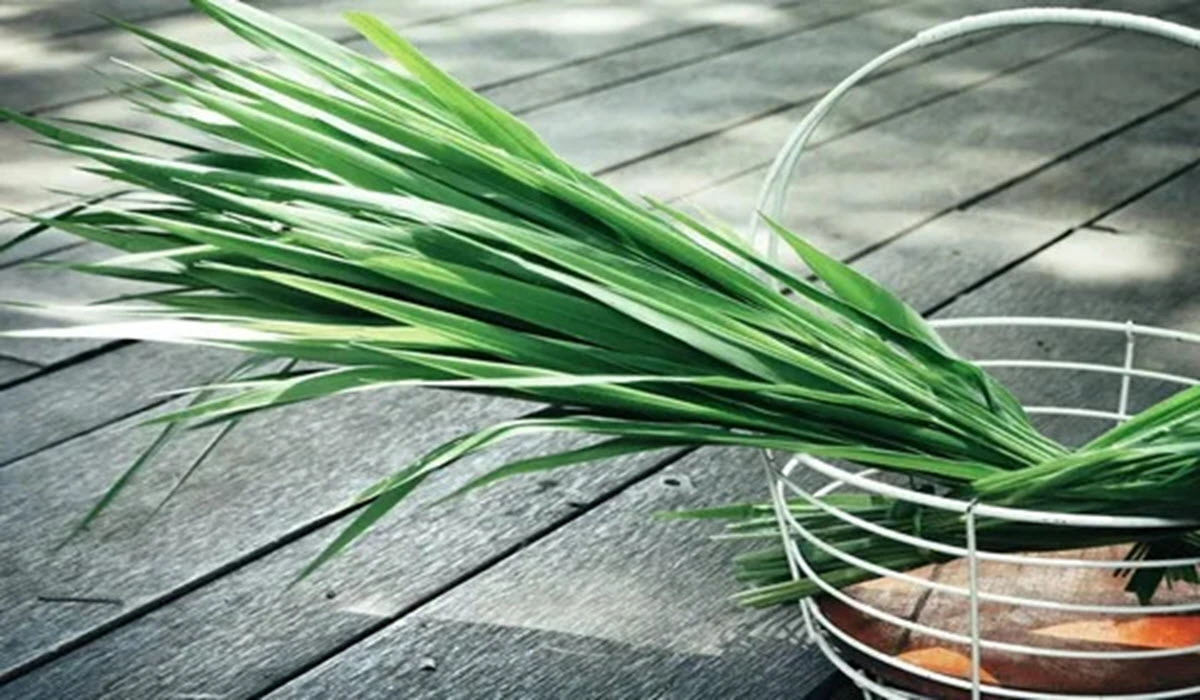
Vetiver has a long history of use in traditional medicine, particularly in Ayurvedic and Chinese medicine. Here are some of the health benefits associated with Vetiver:
Reduces Anxiety and Stress: Vetiver oil is known for its calming and grounding properties, and it reduce anxiety and stress levels. A study published in the journal Natural Product Research found that inhaling vetiver oil reduced anxiety levels in rats.
Improves Sleep: Vetiver oil has sedative properties that can help improve the quality of sleep. A study published in the Journal of Intercultural Ethnopharmacology found that inhaling vetiver oil before bed improves the quality of sleep.
Promotes Wound Healing: Vetiver oil has antiseptic and anti-inflammatory properties that can help promote wound healing. A study published in the journal Burns found that applying vetiver oil to burn wounds reduced inflammation and promoted healing.
Reduces Inflammation: Vetiver oil has anti-inflammatory properties that can help reduce inflammation in the body. A study published in the journal Pharmacognosy Reviews found that vetiver oil has potent anti-inflammatory effects.
Conclusion
Vetiver is a versatile plant that can be used for soil erosion control, Vetiver a true miracle grass, wastewater treatment, and essential oil production. It also has a long history of use in traditional medicine and has been shown to have a Range of health benefits, including reducing anxiety and stress, improving sleep quality, promoting wound healing, and reducing inflammation. Whether you are interested in growing Vetiver for its practical uses or its medicinal properties, it is a fascinating plant that is worth exploring.

